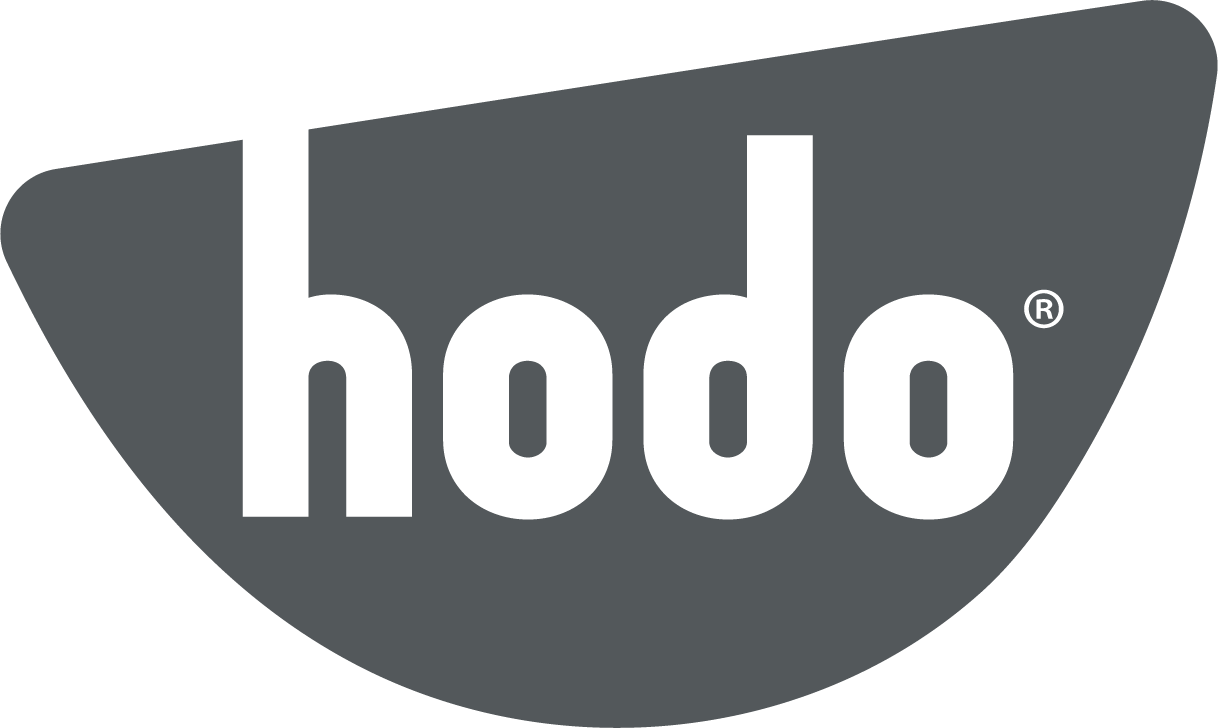To kick off Hodo’s Plant-Based Visionary Series and in honor of Stop Food Waste Day, we’re thrilled to share our interview with Chef Alicia Jenish-Mc Carron, Culinary Director of Good Eating Company at LinkedIn San Francisco.
Read on to learn about Chef Alicia’s passion for creating plant-powered menus based on socially responsible decisions and her experience leading a three-month pilot at LinkedIn’s San Francisco campus, which successfully cut the company’s carbon emissions by half while still giving diners an abundance of choice.
Spoiler alert: Several of Chef Alicia’s dishes feature Hodo, including this Eggplant and Tofu Rollatini recipe that you can find here!
With nearly 30 years of culinary experience, tell us a bit about your journey as a chef and how your passion for local products and sustainability was formed?
I have spent a majority of my career here in San Francisco. I started in restaurants, then hotels, graduated to start up where I oversaw large scale operations. My passion for local is born from being in the Bay Area and forming close relationships with local farmers and ranchers. As I get older and further into my career I have become very passionate about sustainability. You can learn new techniques and recipes but creating systemic change via food is inspiring to me.
What potential do you think food has in being used as a vehicle for systematic change and why? What kind of systemic change do you want to see? What can other chefs do to help the movement?
It’s important to form partnerships with farmers and organizations that are committed to real outcomes and that you know will result in actual carbon footprint savings on your menu. Understanding the impact of your ingredients as a whole can help you make wise decisions in balancing your menu. For example, if you have lamb or beef on the menu, you can try offsetting it by ensuring your other ingredients have less of a carbon footprint.
Lastly, regenerative agriculture is playing a huge role in creating systematic change. Regenerative agriculture takes a holistic approach to the ecological system as a whole. By investing in this process through purchasing from regenerative farm produce and sustainable meat production, we are able to make socially responsible decisions that are good for the planet.
You currently lead the Culinary program at LinkedIn’s San Francisco campus, where you completed a three month pilot that successfully cut LinkedIn’s carbon emissions by half. Tell us how the pilot came about, what it’s about, and what you thought it achieved?
Better Food Foundation first reached out to LinkedIn, who was excited to participate, as they like to be the very first to pilot new sustainable initiatives. I worked closely with the Better Food Foundation and Greener by Default to implement a 3 month pilot program to cut carbon emissions at their San Francisco campus in half. This was done by moving to a 65% plant based menu and making in house oat milk the default for our coffee bars. The pilot was successful and LinkedIn decided to continue and to roll it out to other campuses.
The Better Food Foundation created a separate company, Greener by Default, that runs similar programs for corporate campuses. Good Eating Company and LinkedIn have very aggressive sustainable initiatives, with short deadlines, so programs like this help us reach our sustainability goals.
What do you think it achieved? What are you and your team most proud of?
We are continuing to evolve our menus and looking in particular at packaging and waste diversion as a strategy to increase the sustainability of our menus. Switching to in-house made oat milk for our coffee bars made a huge impact, as we were recycling 900 lbs. of cardboard from oat and almond milk cartons. We are continuing to look for more ways to reduce waste.
We are also really excited about starting another pilot with the Straus Family Creamery that will focus on waste reduction.
What is something that surprised you in curating and testing plant based meals at LinkedIn’s San Francisco campus?
How much you can do with vegetables and not rely on highly processed meat substitutes. I was also pleasantly pleased how on board my culinary team was!
Was there a particular dish that was a fan favorite?
Some favorites are the Mushroom Adobo Tacos, Vegan Dumplings, Vegetable Hot Pot with Tofu, and a plant-based carving station.
Why do you think it's important for people to eat local and make more climate friendly choices?
It simply has to happen in order to prevent devastating climate change. We have to do it for the children of today because we are running out of time to meaningfully impact tomorrow.
What is your favorite dish made with Hodo’s Extra Firm Tofu?
I love Mapo tofu made with ground Mycopia mushrooms instead of pork. I also love steamed tofu in vegetable hot pots, and of course miso soup!!!
Stay up to date with the latest and greatest from Chef Alicia Jenish-Mc Carron by following her @cheffypants.




